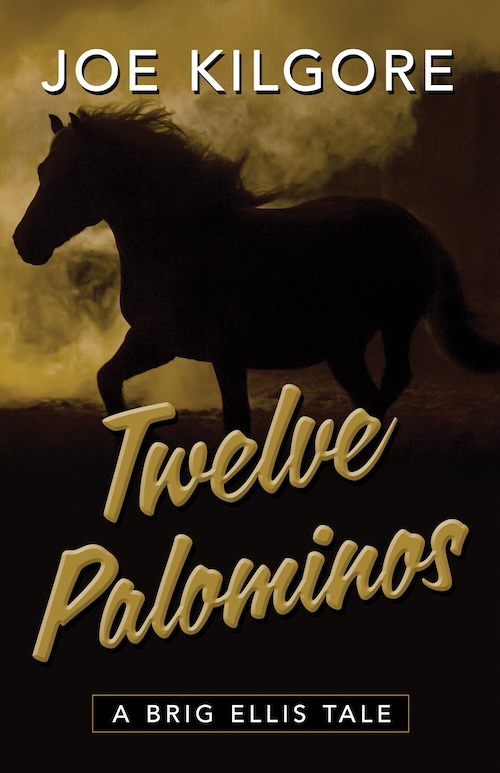A Fish Story Unlike Any Other
Saturday, July 25th, 2009If you’re looking for a book somewhere in the metaphysical realm of Robinson Crusoe & Alice In Wonderland Meet The Count of Monte Cristo (which of course doesn’t exist), you might try Gould’s Book of Fish which fortunately does exist. It’s a bit like the aforementioned heroes and heroines on both steroids and acid.
Tasmanian born author Richard Flanagan has taken a wee bit of history, added large dollops of imagination and mixed both liberally with C4 explosive to take you on a journey quite unlike anything you’ve ever (thankfully) experienced.
It’s quite easy to fall in love with this book without ever actually reading it. The jacket cover and the design of the book (attributed to Mary Callahan) almost assure you’ll leave it on your coffee table and not in your bookshelf. The subtitle of Gould’s Book of Fish is A Novel In 12 Fish, and each of the twelve is wonderfully illustrated throughout. Plus, each of the twelve sections are printed in a different color. No, it doesn’t make the text harder to read, it simply adds to the morphing nature of the tale and the teller presented throughout the narrative.
Gould’s Book of Fish is the story of Billy Gould, an artist himself, who does a bit of dabbling in forgery and thievery. The majority of the richly expressed yarn takes place in the 19th century and follows the enterprising and exploited lad on his travels in and around England, Tasmania and Australia. Most of the time Gould is a resident of a penal colony doing his dead level best to survive. It’s not easy telling your own story when you’re in a cage submerged under water. Obviously you do most of your talking at low tide. Oh yes, and there is this. Aside from being a thief and a forger, Billy is also a liar. So you have to take what he says with a grain of salt about the size of Mount Rushmore. But if you’re into high adventure, low morals, brutality, filth, spirituality, fantasy, love, unforgettable imagery and people occasionally turning into fish, you’re in for the ride of your life with Gould’s Book of Fish.
Flanagan’s novel was the overall winner of the Commonwealth Writers Prize for best book in 2002. It’s a magical story lavishly told and you’ll be a decidedly happier person or sawtooth shark if you choose to swim in its waters.
